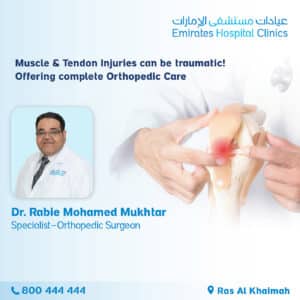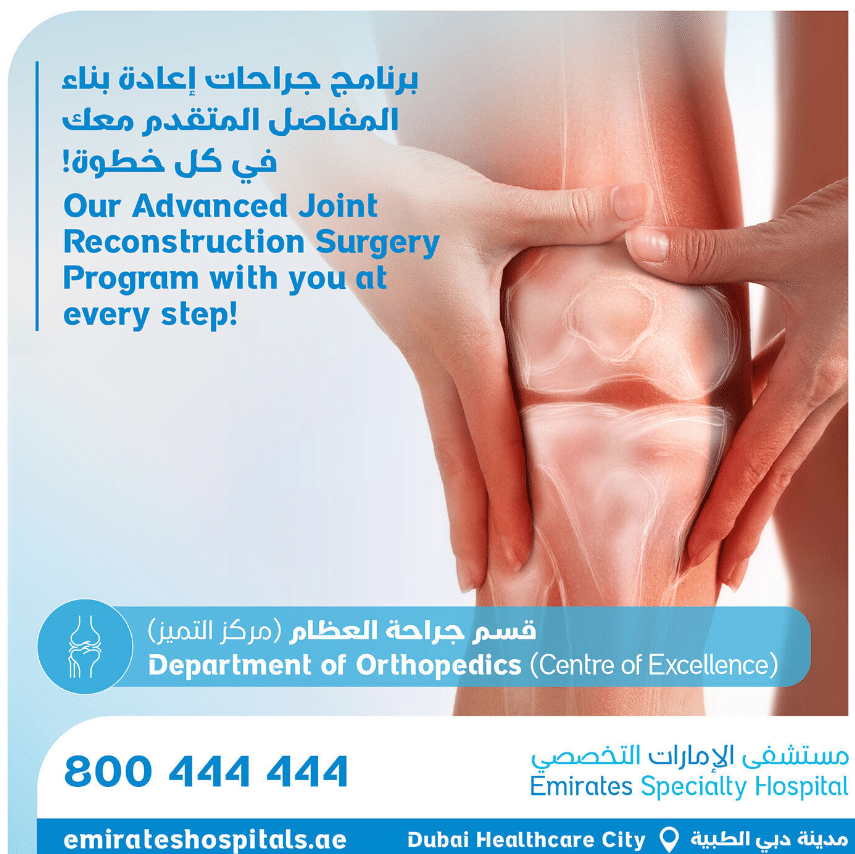Urological diseases treated in pediatric urology clinkings:
- Undescended Testicle: When babies are in the womb, their testicles are in the abdomen and descend to the area that should be between the 32nd and 36th weeks, namely the scrotum. In some babies, this landing may not have occurred or was not completed. It is corrected before the age of 1 by surgical operation.
- Hydrocele: If excess fluid accumulates inside the membranes surrounding the testicles, the testicles swell and hydrocele (water hernia) is formed. This disease can be either congenital or later.
- Spermatic Cord Cyst: It is the formation of cysts filled with water in the middle part of the groin and in the areas close to it.
- Hypospadias (Prophet’s Sunnah): It is a congenital anomaly in boys. It is also indicated as opening the urethra to the bottom. The end of the urethra in children with this disease is located on the lower surface of the penis or lower back. The point behind the urethra is behind the head of the penis, the seriousness of the disease.
- Epididymoorchitis (Testicular Inflammation): The epididymis is a part of the male genitalia. The disease, which is the epididymis infection that progresses towards the testicles, is called epididymoorchitis or orchiepididymitis.
- Infections Like Balanitis, Postitis and Prostatitis: Infection of the head of the penis is called balanitis, infection of the foreskin is called postitis, infection of the prostate is called prostatitis. Three different diseases are infectious diseases seen in the male genitalia, and several of them can be observed together.
- Varicocele: Varicocele develops in the form of varicose veins in the testicle organ in the form of varicose veins and disruption of the heat balance in the testicles. The deterioration of heat balance due to varicocele, as well as the accumulation of dirty blood in the veins in the testicle, negatively affects testicular functions, sperm health and hormonal balance, leading to infertility problem.
- Inguinal Hernia: The inguinal hernia, also known as an inguinal hernia, develops in the form of swelling (hernia) of the abdominal tissues by abnormally emerging outwards.
- Ovarian Cysts and Torsion in Girls: Although it is generally seen in women of reproductive age, in some cases, ovarian cysts can also be encountered in girls. These cysts, which may be benign or malignant, should be removed by surgical operations if they exceed a certain size due to the risk of bursting or disrupting blood flow in the ovary.
- Closed Labial Adhesion and Hygiene: Girls may have some inherent shape differences in the genital organ. Anomalies such as labial adhesion and closed hymen. Such anomalies can cause serious health problems in the future. When detected, it should be treated immediately with surgical intervention.
- Kidney Cysts, Tumors and Stones: Cysts, tumors and stones formed in the kidneys cause the kidney to fail to function normally. This can lead to serious health problems. For this reason, cysts, tumors and stones that do not respond to drug treatment should be removed surgically.
- Kidney Ureter (UPJ) – Ureter Bladder (UVJ) Junction Strictures: After the kidneys are filtered, they are responsible for removing harmful substances from the body through urine and returning the useful substances to the body. Stenosis and blockages in the kidneys can cause fluid and electrolyte balance in the body and kidney damage.
- Urethral Enlargement and Stones: Urethral enlargement can lead to the kidneys not performing their duties fully and disrupting many balances in the body. Stones formed in the ureter may cause problems such as blockage of the ducts, decrease and stop urine output, pressure in the kidneys to increase and damage to the organ.
- Vesicoureteral Reflux (VUR): Keeping urine causes the bladder-ureter valves to fail. Urinary urine in ureters is called vesicoureteral reflux. It is often seen in people who keep their urine (mostly in children).
- Bladder Infections and Stones: If bladder infections are not treated on time, they threaten kidney health. Stones in the bladder also block the urinary tract, causing an increase in pressure and eventually damage to organs can occur. Therefore, infections and stones detected in the bladder must be treated.
• Ekstrofia Vesika: Congenital anomaly, which is defined as the bladder being outside at birth, is called “extstrophic vesica”. It is more likely to be seen in men. In most patients, inguinal hernia is also found.








